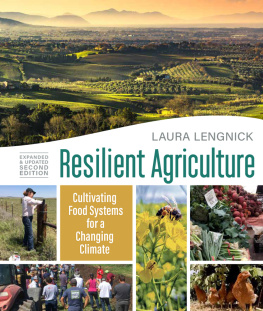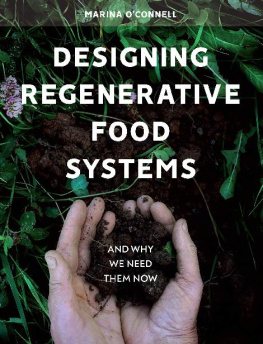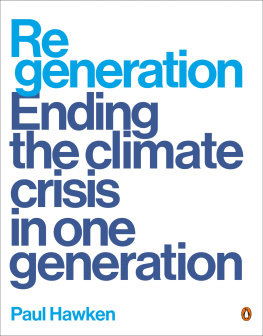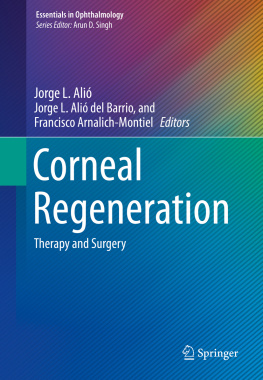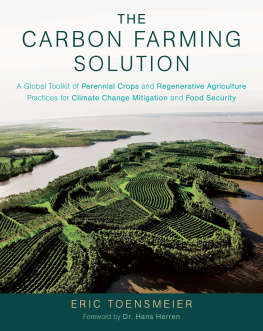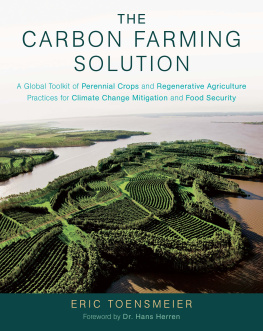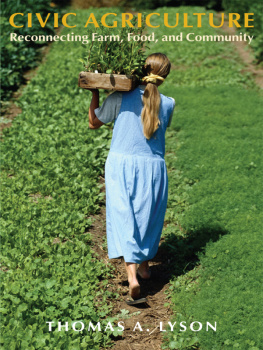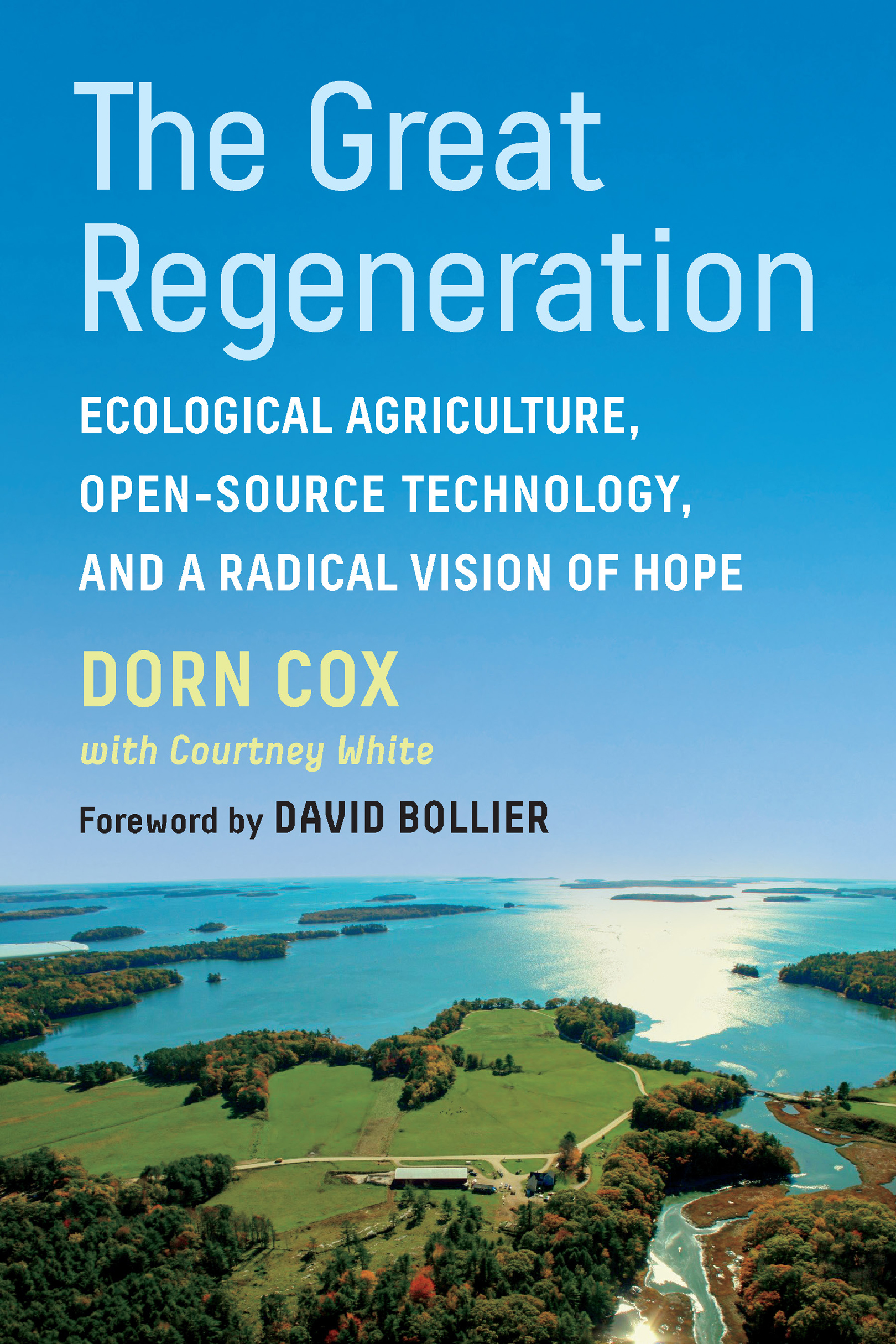Dorn Cox - The Great Regeneration: Ecological Agriculture, Open-Source Technology, and a Radical Vision of Hope
Here you can read online Dorn Cox - The Great Regeneration: Ecological Agriculture, Open-Source Technology, and a Radical Vision of Hope full text of the book (entire story) in english for free. Download pdf and epub, get meaning, cover and reviews about this ebook. City: London, year: 2023, publisher: Chelsea Green Publishing, genre: Science. Description of the work, (preface) as well as reviews are available. Best literature library LitArk.com created for fans of good reading and offers a wide selection of genres:
Romance novel
Science fiction
Adventure
Detective
Science
History
Home and family
Prose
Art
Politics
Computer
Non-fiction
Religion
Business
Children
Humor
Choose a favorite category and find really read worthwhile books. Enjoy immersion in the world of imagination, feel the emotions of the characters or learn something new for yourself, make an fascinating discovery.

The Great Regeneration: Ecological Agriculture, Open-Source Technology, and a Radical Vision of Hope: summary, description and annotation
We offer to read an annotation, description, summary or preface (depends on what the author of the book "The Great Regeneration: Ecological Agriculture, Open-Source Technology, and a Radical Vision of Hope" wrote himself). If you haven't found the necessary information about the book — write in the comments, we will try to find it.
In the age of climate change, food scarcity, and increasing industrialization, can a few visionary farmers find global solutions through technology and create networked, open-source regenerative agriculture at a truly transformative scale?
In The Great Regeneration, farmer-technologist Dorn Cox and author-activist Courtney White explore unique, groundbreaking research aimed at reclaiming the space where science and agriculture meet as a shared human endeavor. By employing the same tools used to visualize and identify the global instability in our climate and our communitiessuch as satellite imagerythey identify ways to accelerate regenerative solutions beyond the individual farm.
The Great Regeneration also explores the critical function that open-source tech can have in promoting healthy agroecological systems, through data-sharing and networking. If these systems are brought together, there is potential to revolutionize how we manage food production around the world, decentralizing and deindustrializing the structures and governance that have long dominated the agricultural landscape, and embrace the principles of regenerative agriculture with democratized, open-source technology, disseminating high-quality information, not just to farmers and ranchers, but to all of us as we take on the role of ecosystem stewards.
In this important book, the authors present a simple choice: we can allow ourselves to be dominated by new technology, or we can harness its potential and use it to understand and improve our shared environment. The solutions we need now, they write, involve a broader public narrative about our relationship to science, to each other, and to our institutions. And we all need to understand that the choices made today will affect the generations to come. The Great Regeneration shows how, together, we can create positive and lasting change.
Dorn Cox: author's other books
Who wrote The Great Regeneration: Ecological Agriculture, Open-Source Technology, and a Radical Vision of Hope? Find out the surname, the name of the author of the book and a list of all author's works by series.

